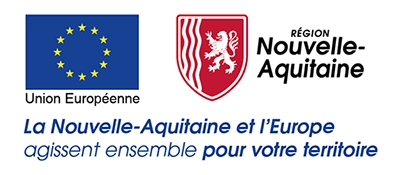How small considerations can lead to continuous improvement and heightened performance in sport and in business.
Sir Dave Brailsford the former Performance Director of British Cycling and Team Sky believes that if you make 1% improvement throughout a range of tiny areas, that the cumulative benefits can be extraordinary.
This theory is exemplified by former F1 racing driver Nico Rosberg who pipped his Mercedes team-mate, Lewis Hamilton to the 2016 Formula One World Championship. He attributed his success to marginal gains.
In Rosberg’s case, he was told by his team that he needed to lose 1kg of body weight to shave 200ths of a second from each lap-time – there was no further scope to reduce the weight of the car – although I recently learned that some F1 teams are being forced to remove paint to lose weight from the vehicle!
Now as it was close to the end of the season, dieting was out of the question for Rosberg, as energy levels are critical to an F1 driver, especially as they are heading towards the season’s thrilling finale.
Instead, he adapted his training regime, swapping the more intense leg-press to walking on the treadmill resulting in the lost kilo by losing heavy leg muscle and achieving the required lap time.
This is just one of many true anecdotes from the world of sport and business, lauding the benefits of marginal gains and how their implementation can put an organisation on a new trajectory to success.
It has also been an area of significant importance for IMET Alloys in adapting to post-pandemic global supply chain challenges and improving other elements of our operations.
Disruption in supply chains and logistical issues have been a thorn in the side for many organisations from a variety of sectors over the last few years.
At IMET Alloys we have mitigated many of these challenges by analysing and adjusting our transport methods as well as adapting our route-planning.
We have also made amendments to our packaging to help minimise cost and maximise material per shipment.
In our processing we focus on cleaning efficiency meaning our customers can maximise the percentage of revert consumed and associated savings over prime raw material in their melting applications.
Our Engineering and R&D activities focuses on designing processes to maximise yield in both the processing solids and turnings – and to reduce our energy& consumable consumption.
A 0.5% increase in yield may not sound much but is significant when you consider the value and volume of the alloys we handle.
There really is much evidence to support the benefits of marginal gains and it’s a big part of IMET Alloy’s culture to encourage all our team to let their voices be heard, and as Sir Dave Brailsford says:
‘It doesn’t matter how small the improvement; we are going to do it.
We are going to energise each other, and we are going to create a culture which is about the idea of continuous learning and continuous improvement’
No F1 pun intended here, but I think we are on the right track.

